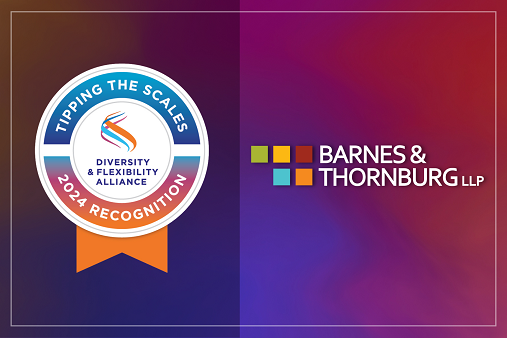 While a certain amount of levity in the workplace can promote collegiality and teamwork, if employees' playful banter crosses the line into relentless taunting and bullying, morale can suffer and the risk of lawsuits can increase. Yet employers may find it difficult to uncover and eradicate bullying because employees are afraid to speak up.
While a certain amount of levity in the workplace can promote collegiality and teamwork, if employees' playful banter crosses the line into relentless taunting and bullying, morale can suffer and the risk of lawsuits can increase. Yet employers may find it difficult to uncover and eradicate bullying because employees are afraid to speak up.
The immense pressure for victims to remain silent is illustrated in a recent
Chicago Tribune article that gave prominent attention to the subject of workplace bullying. The news report described in detail how employees of a Chicago suburb routinely engaged in taunting one another, with one incident that allegedly involved a physical assault. The issue finally came to light when, following a tip, a police department detective interviewed the main target of the conduct, who reluctantly confirmed that he had been subjected to mistreatment. But even then, the individual was adamant that he did not want anyone to get in trouble.
According to the article, the city’s investigation included an admission by a co-worker that the employees tickled and spanked one another, had food fights in the break room, and poured water on each other’s chairs. At the conclusion of the investigation, two employees received one-week suspensions and supervisors were reprimanded, the news report stated. Notably, the supervisors were found to have been aware of some of the conduct but indicated they did not think the teasing rose to the level of bullying.
Employees also cited fear of retaliation as a reason for their reluctance to come forward to report on a retail store manager’s conduct in a
recent case in the Montana U.S. District Court. In that case, the District Court granted summary judgment in favor of the employer on claims by the terminated store manager, after the employer defended by showing the details of its investigation. As described in the court's opinion, employees eventually came forward with their reports of alleged bullying when the store manager was on a leave of absence. The employer conducted an investigation and heard that the store manager had grabbed and bruised the arm of an employee, used profanity, and bullied employees. The investigation also included review of video footage. After investigating, the employer concluded that the store manager had violated the company’s code of conduct, warranting termination. The district court held that the reasons for termination were not pretextual.
As these recent examples illustrate, the workplace can be fraught with conduct that makes employees feel uncomfortable, yet they may fear adverse consequences from being the one to break the silence. So how can employers be proactive to prevent and address such conduct and overcome the reluctance of employees to speak up? First, ensure that anti-harassment policies and codes of conduct provide alternate means for reporting concerns and explicitly state that retaliation is prohibited. One alternative may be a hotline that takes reports. Moreover, employees should focus on establishing an environment where conduct expectations are clear and all policies are enforced, not just posted. Frequent training, periodic meetings where employees can air issues outside the presence of their co-workers or supervisors, and accountability for supervisors who fail to meet expectations are all important steps to create an environment of trust where misbehavior is reported and corrected before it spins out of control.
 While a certain amount of levity in the workplace can promote collegiality and teamwork, if employees' playful banter crosses the line into relentless taunting and bullying, morale can suffer and the risk of lawsuits can increase. Yet employers may find it difficult to uncover and eradicate bullying because employees are afraid to speak up.
While a certain amount of levity in the workplace can promote collegiality and teamwork, if employees' playful banter crosses the line into relentless taunting and bullying, morale can suffer and the risk of lawsuits can increase. Yet employers may find it difficult to uncover and eradicate bullying because employees are afraid to speak up. 











